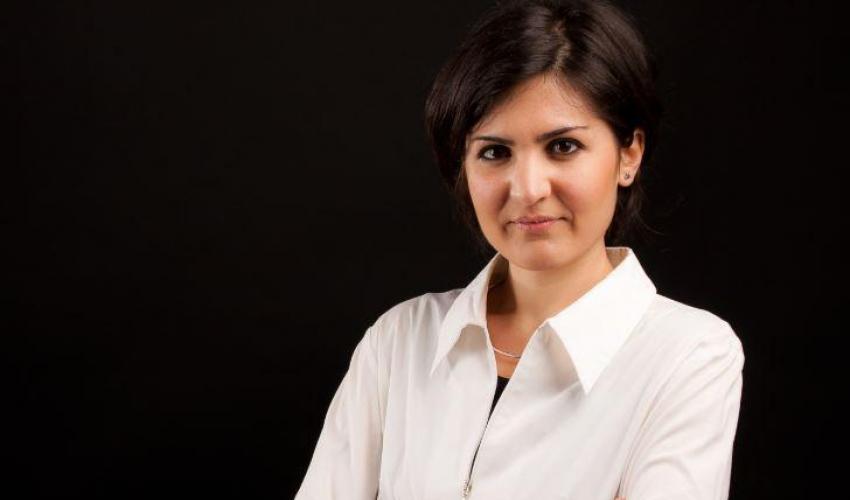
Fashion's Future: Upcycling and Environmental Sustainability
INNOVATIVE, SUSTAINABLE BUSINESS MODELS, AND ETHICAL SOURCING OF APPAREL: THIS IS HOW FASHION WILL NEVER GET OLD. IN FACT, OLD CLOTHES CAN EVEN GO UP IN VALUEby Francesca Romana Rinaldi, Dept. of Management and Technology, Bocconi
Translated by Alex Foti
A fashion garment/accessory is thrown away for a variety of reasons: because it is damaged, because it goes out of fashion, because it no longer fits, or it’s just not liked anymore by the person who initially bought it. However, consumers do not often reflect on the environmental impact of such wasteful behavior.
In order to reduce the ecological impact of tons of garbage of clothes, there are alternatives: swapping, second-hand, and recycling. If through recycling a fashion item goes up in value, maybe because it is customized by a fashion designer or an artist, then we’re talking about upcycling.
Increasingly, start-up incubators and certain university programs are studying innovative business models, where what is traditionally considered waste can actually feed a new product lifecycle. Taken to its extremes, recycling can be planned cradle-to-cradle, which is an approach to system design that considers wastes akin to natural resources, which must then be valorized. Patagonia, a US sportswear company, is pioneer of the cradle-to-cradle approach, by taking the polyester it needs for its clothes from used plastic bottles and second-hand polyester garments (including Patagonia’s).
Traditional business models in the fashion industry do not even include the stage of product consumption, never mind the disposal of used products by consumers. Conversely, in innovative business models, the consumer becomes sovereign and turns into an active prosumer.
For instance, there are several companies that have started to collect discarded clothing inside their stores, like fast fashion retailer H&M, or in Italy the Miroglio Group with its Motivi, Oltre, Fiorella Rubino, Elena Mirò, Caractère brands, thanks to the partnership developed with an NGO called Humana People to People, which is collecting and delivering the used clothes to women in need in Italy. The project is called Abiti nel cuore (Clothes in your heart).
The search for sustainable business models in fashion has stimulated the minds of Bocconi students involved in a contest of ideas launched by Humana. We asked students to propose innovative business models that were able to create “shared value” in the industry. The brief asked participants to propose a luxury brand an innovative business model such as Gucci’s. Since 2004, the Italian fashion brand has taken a path toward sustainability.
The project is composed of various phases: collecting used clothes, transporting and selecting them (done by Humana with the help of students); an educational part on issues of corporate social responsibility and stakeholders’ awareness; classes on upcycling techniques; a talk with Frida Giannini, Creative Director at Gucci, in order to establish the guidelines of the collection; workshops with Gucci’s tailors and artisans to learn about the relevant trades; finally, the implementation of EcoRunway and a selling corner in the Rinascente department store and in Gucci’s flagship stores.
Students were able to come up with innovative business models that stimulated consumer awareness and integrated ethics and esthetics in the supply chain, embodying a win-win logic for all stakeholders.
For fashion to become more socially and environmentally responsible, it must rethink its current business models. In order to do so, a lot of creative imagination and prosumer involvement are required. These are the conditions for an old dress to get a new life.
